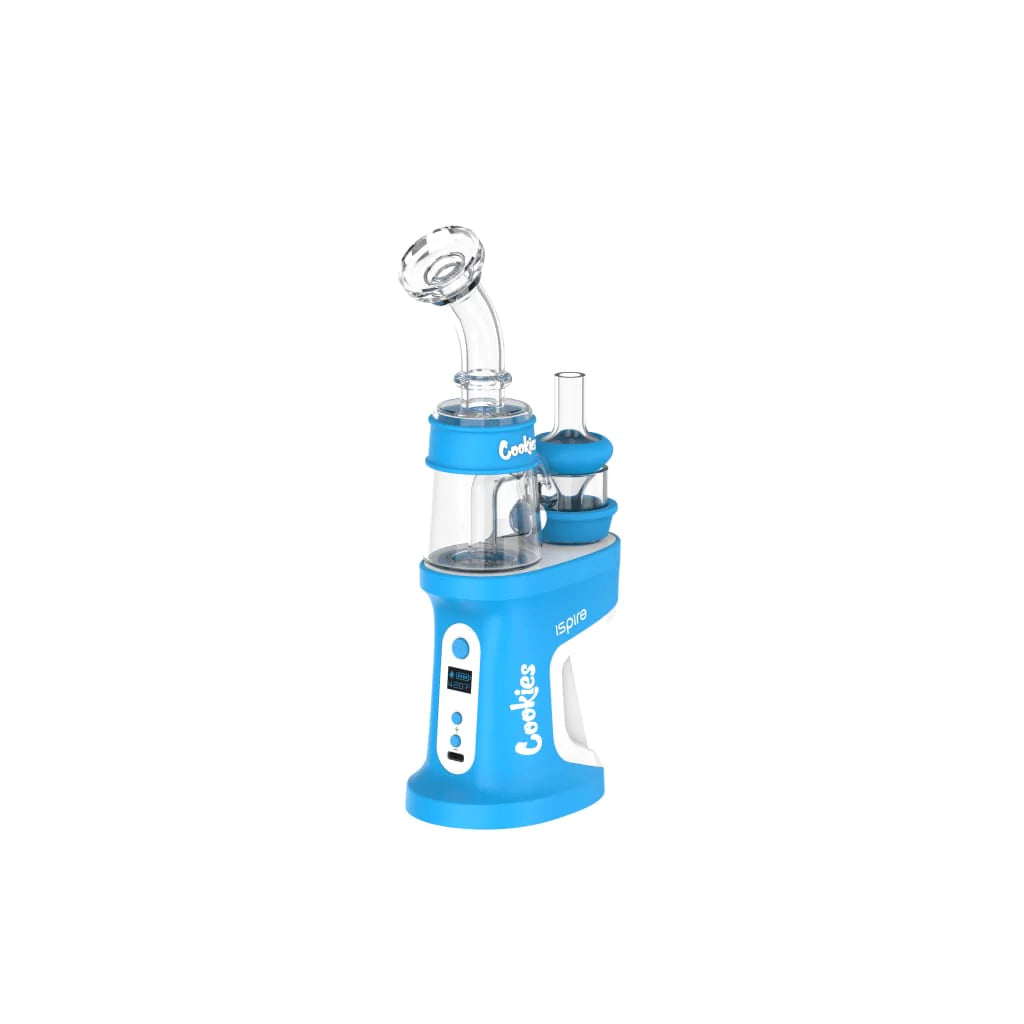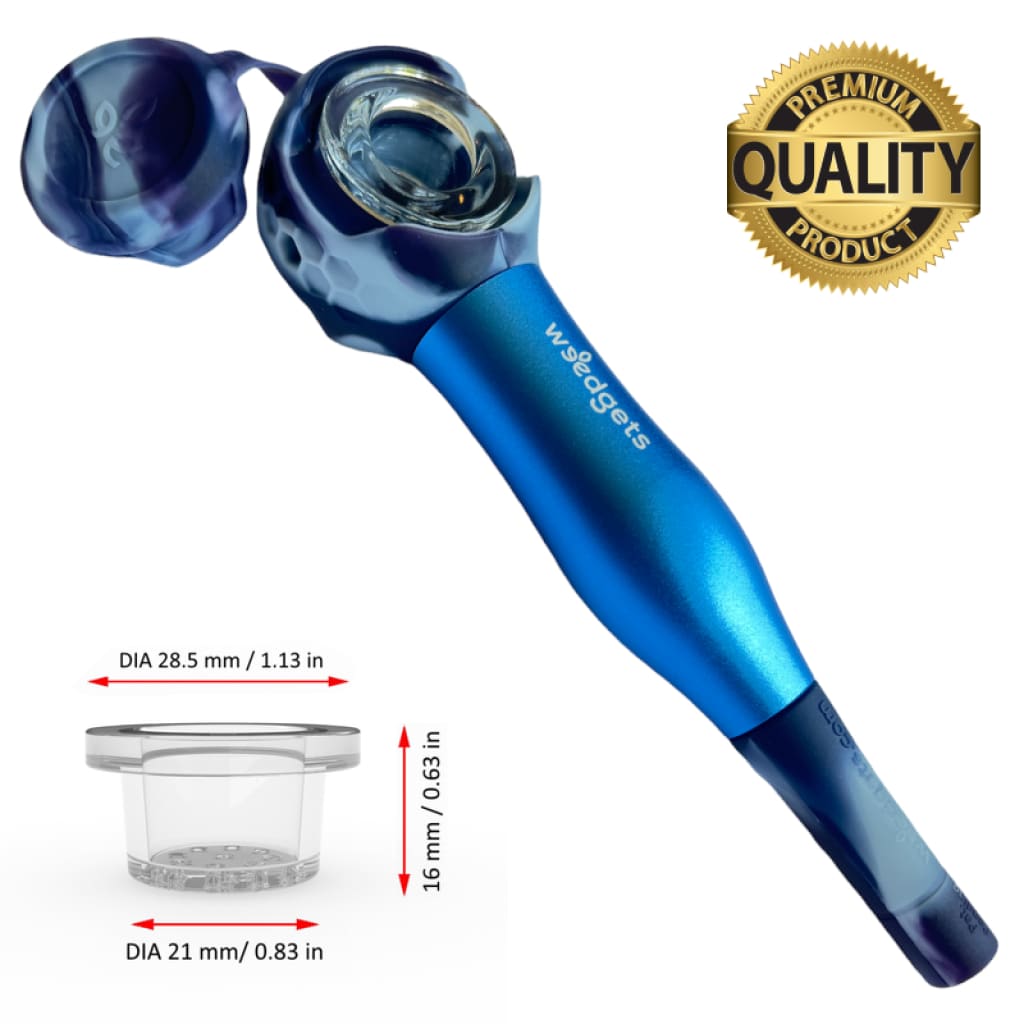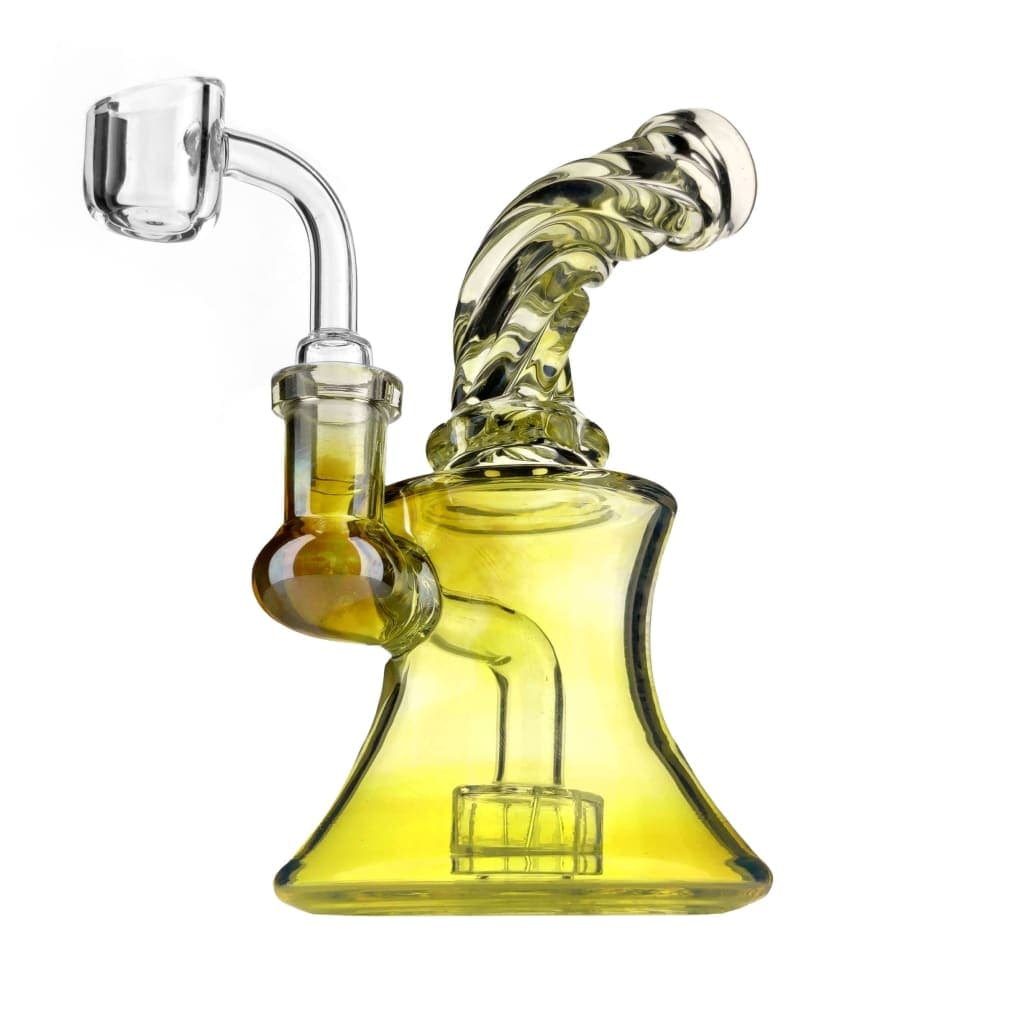Treating PTSD With THC & CBD
It's reasonable to say that most individuals will suffer through a traumatic event at some point in their lives. Still, for most of us, the accompanying feelings of anxiety and fear will subside naturally with time. However, for over 13 million Americans (according to sidran.org), that is not the case. This 5% of the U.S. population live lives governed by self-isolation, painful flashbacks, and several other psychological symptoms, damaging their relationships and distorting their perspectives on the world around them. A long misunderstood disorder, treatment options for PTSD (Post-Traumatic Stress Disorder) were always somewhat limited, leaving many either unwilling or unable to proceed with them; the treatment mentioned above options mainly consisting of prescription medications and psychotherapy. Unfortunately, the latter option is very hit or miss. The former could result in an individual with PTSD to consume a variety of drugs that may have harmful or bothersome interactions. But in recent years, advocates have been championing cannabis as an effective treatment for PTSD. You don't have to look very hard to find a video or article about an individual with PTSD detailing how THC and or CBD have helped them overcome this serious mental illness. Throughout this article, I will go over the interactions between those diagnosed with this disorder and THC and CBD. Due to the relative recency with which cannabis has legalized, clinical studies into any matter regarding cannabis have been notoriously hard to pull off. But without further delay, get down to the details regarding marijuana's most well-known compounds and PTSD.
CBD
For those of you who are unaware, cannabidiol (CBD for short) is a naturally occurring and non-psychoactive compound of cannabis known for its anti-seizure, anti-anxiety, and anti-inflammatory properties. Former in a legality flux, thanks to the recently passed omnibus farm bill (which you can read about here), CBD products have legalized throughout the entirety of the United States. This newfound accessibility has been a platform for advocacy regarding CBD's clinical study and its interactions with various medical and psychological conditions. A mental disorder that is a point of discussion regarding potential applications for clinical CBD-oriented research is PTSD. In studies, CBD has positively influenced the cannabinoid system, helping one's brain work towards keeping them in a state of emotional homeostasis. Three defining PTSD symptoms are hyperarousal, anhedonia (the inability to find pleasure in activities one usually takes satisfaction in), and avoidance. CBD could be effectively used to reduce the severity of this disorder's most common symptoms. For the millions in the United States who were suffering from PTSD following a traumatic event in their lives, the widespread legalization of CBD could be a safer alleviation of the burdening symptoms that accompany Post-Traumatic Stress Disorder.
THC
Tetrahydrocannabinol (commonly referred to as THC) is a psychoactive cannabinoid known for its appetite-stimulating and mood-enhancing properties. While arguably the favorite acronym of cannabis enthusiasts everywhere, THC shows excellent potential for PTSD treatment due to its sleep encouraging, anti-anxiety and nightmare were mitigating qualities. With the discovery of some SSRIs (a commonly prescribed class of antidepressant) being no more effective than placebos, the need for an effective treatment for PTSD is now larger than ever, and cannabis may be a qualified candidate. Unfortunately, unlike CBD, the 2018 Farm Bill did nothing concerning the federal legality of THC. However, with each passing year, more and more states accept cannabis-friendly legislation that allows those in need to obtain marijuana. With some of the staple effects of marijuana use opposing the deficits created by Post-Traumatic Stress Disorder, those affected could benefit immensely from the use of cannabis, freeing them from having to rely on potentially ineffective medications that come with a host of adverse side effects. As a safer alternative to pharmaceutical options, the viability of cannabis as a treatment for PTSD is undeniably considerable despite this opinion having yet to be proven by clinical research.
Parting Thoughts
Each year, cannabis becomes more widely accepted throughout the U.S. and the rest of the world due to its versatility and a small number of remotely significant associated risks. As someone who spent much of his life surrounded by current and former military personnel, I've seen firsthand how devastating PTSD can be for individuals and their loved ones and want to work with those affected in the future (should I get the opportunity). I find research into discovering a safe, effective treatment for PTSD to be of great importance. THC and CBD have shown great potential as safe and reliable sources of alleviation from Post-Traumatic Stress Disorder symptoms. Unfortunately, legislation and a lack of clinical research into the matter hinder the acceptance of these cannabinoids as viable treatment options.
Regarding legislation, if you live in a state wherein THC is still illegal, advocate for its use and contact your senator to express your opinion on the matter. With the acceptance of cannabis amongst state governments growing each year, widespread legalization and federal legalization are on the United States' horizon. Every voice of solidarity on the matter counts towards changing the political landscape as it pertains to marijuana.
Regarding the need for clinical research, push for the research funding mentioned earlier, and aid in funding it yourself if you are capable. While the willingness to explore the qualities of cannabis in a clinical setting is very present within the scientific community, the lack of resources to do so is just as present. With marijuana still possessing federal illegality, government-funded research into the benefits of cannabis is limited. But I digress. I hope this article has shed some light on CBD and THC applications as effective treatment options for those who have Post-Traumatic Stress Disorder. For those looking to contact their senators, you can find out how by clicking here, and as always, keep it a mile high.





